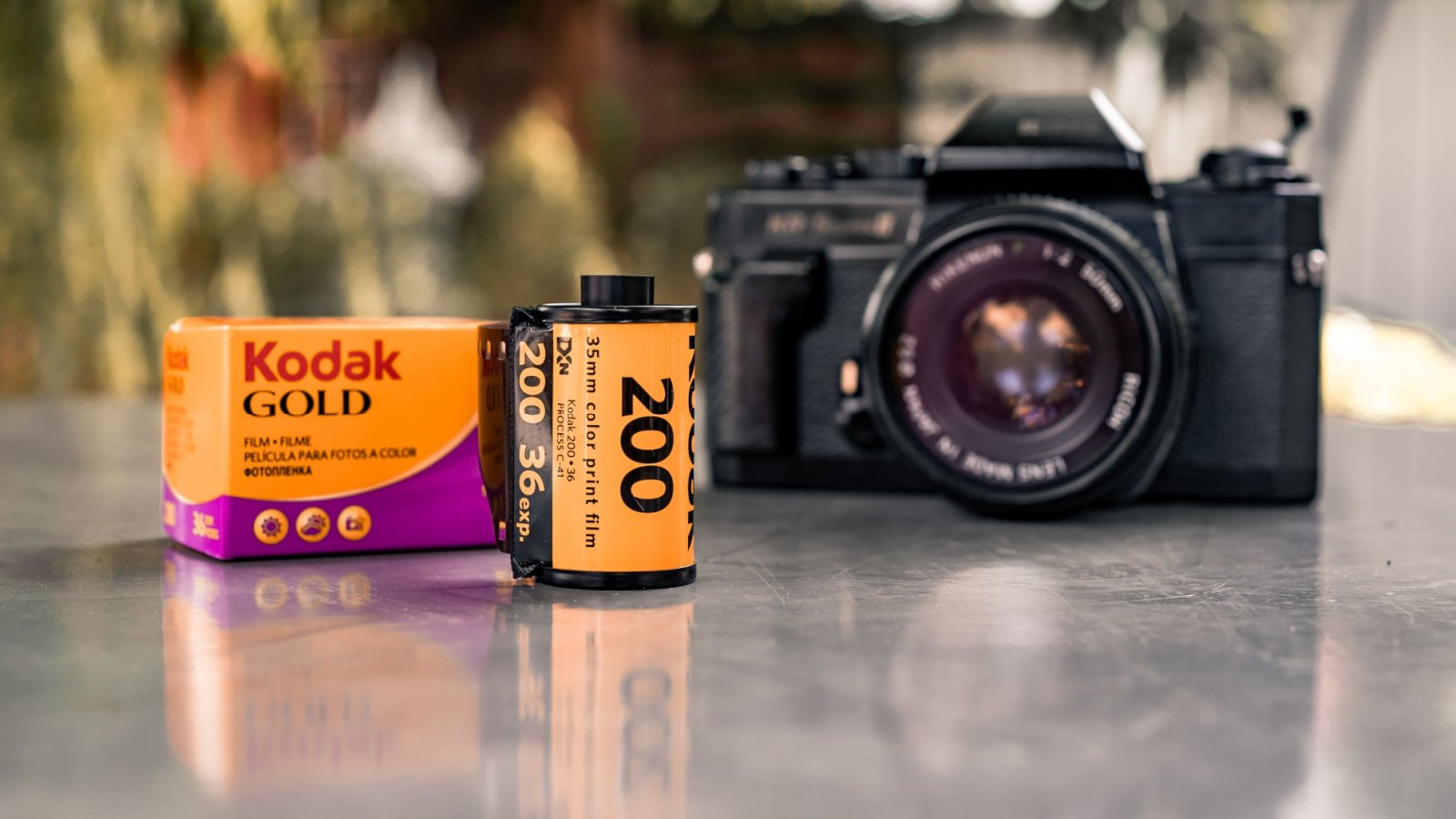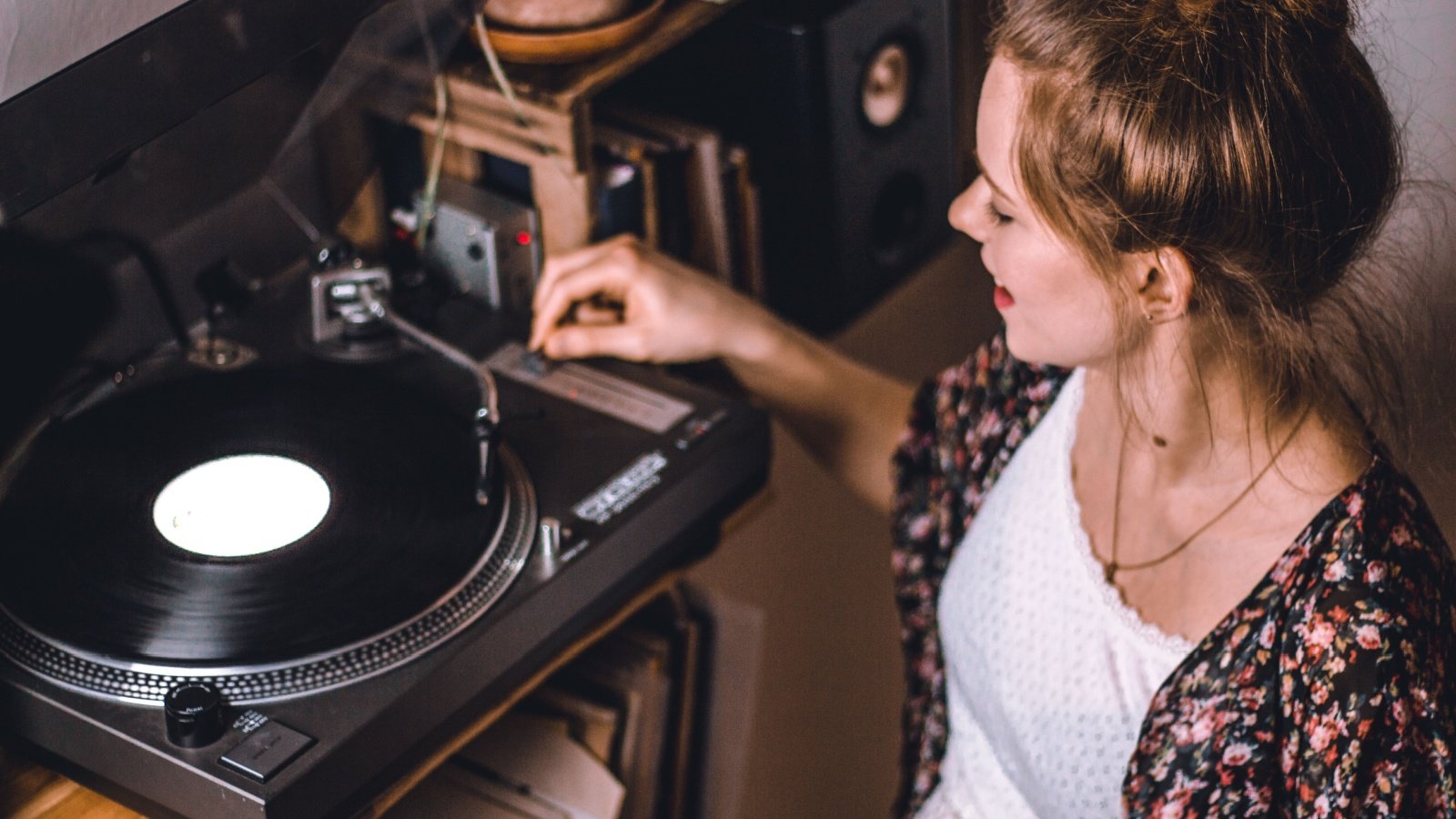As generations pass, so too do the traditions that once defined them. The Baby Boomers, a generation known for their distinct cultural markers and lifestyle choices, have maintained several traditions that are increasingly viewed as relics by younger generations. From the tactile joy of flipping through a vinyl record to the ritual of Sunday drives, these old-fashioned customs are on the brink of extinction. This article explores the quaint practices cherished by Boomers that may soon disappear, overshadowed by the digital age’s conveniences and new societal norms.
Handwritten Letters

Handwritten letters are a cherished tradition among Boomers, providing a personal touch that digital communication lacks. With the rise of emails and instant messaging, younger generations find less value in this time-consuming practice. Once Boomers are gone, the art of penning letters may largely disappear, preserved only by a few enthusiasts.
Using Cash

Boomers often prefer cash transactions for their clarity and tangibility. However, digital payments are becoming the norm, driven by convenience and the rise of e-commerce. As these technologies advance, the use of physical currency is likely to diminish significantly.
Listening to Radio

Radio was a primary source of news and entertainment for Boomers but has seen a decline with the advent of streaming services and podcasts. Younger generations are turning away from traditional radio in favor of curated, on-demand content. This shift suggests that radio as Boomers knew it might soon fade into obscurity.
Physical Maps

Navigating with physical maps is a skill many Boomers pride themselves on, contrasting sharply with the GPS technology ubiquitous today. As digital natives, younger generations seldom see a need for paper maps, relying instead on real-time, digital directions. The practicality of digital navigation ensures the eventual obsolescence of traditional map reading.
Saving Newspaper Clippings

Boomers often save newspaper clippings for keeping records of significant events or memories. In contrast, Millennials and Gen Z prefer digital archives, accessible anytime and less prone to physical degradation. As digital media continues to dominate, the practice of saving physical clippings is likely to vanish.
Dial-Up Internet

The iconic sound of a dial-up connection is familiar to Boomers, marking the early days of the internet. With the proliferation of high-speed broadband and fiber-optic connections, dial-up is nearly extinct. This once-revolutionary technology will likely be remembered only in tech history books.
Film Photography

While film photography has seen a niche revival, its widespread use among Boomers as the primary means of capturing moments is dwindling. Digital photography offers immediacy and convenience that film cannot match. As Boomers pass, the preference for film may further decline, preserved only by professionals and hobbyists.
Rotary Phones

Rotary phones, once a staple in every household, are now a novelty. Younger generations may never experience dialing with a rotary mechanism, as touch-tone and smartphones have taken precedence. This once-common item is turning into a collector’s piece rather than a practical tool.
VHS and Video Rental Stores

Boomers remember the ritual of visiting video rental stores for the latest movie releases. With the dominance of streaming services, the few remaining video stores are struggling to survive. This tradition will likely end completely as digital formats continue to reign.
Encyclopedias and Physical Libraries

Physical encyclopedias were essential for Boomers during their school years. The convenience and breadth of information available online have decreased the reliance on these heavy volumes. While libraries adapt to digital trends, the specific use of physical encyclopedias is nearing its end.
Catalog Shopping

Shopping through printed catalogs was common before the internet era, especially among Boomers. Online shopping offers far greater convenience and instant access to reviews and price comparisons. As ecommerce evolves, catalog shopping is fading away, likely to be remembered only as a quaint relic.
Writing Checks

Writing checks is a financial habit deeply ingrained in Boomer culture. Electronic banking and online payment systems are replacing this practice, offering more security and less hassle. As digital natives age, the use of paper checks is expected to decline sharply.
Formal Dining Etiquette

Boomers often adhere to formal dining rules that are less important to younger generations. Casual dining experiences and a focus on convenience and speed are replacing formal settings. This shift in dining culture suggests that strict dining etiquette may become a thing of the past.
Landline Phones

Once considered essential, landline phones are now redundant in many homes, with Boomers being among the last regular users. As cell phones become ubiquitous, the need for a stationary phone is disappearing. The future may see landlines retained only in specific professional and emergency contexts.
Drive-in Theaters

Drive-in theaters hold nostalgic value for Boomers, reminiscent of teenage freedom and romance. Although there has been a small resurgence during the COVID-19 pandemic, the popularity of indoor cinemas and home streaming services might outlast this resurgence. Once a symbol of American culture, drive-ins are likely to become increasingly rare.
Coal Heating

Coal heating is a method that has been phased out in most modern homes but remains in some older homes occupied by Boomers. With growing environmental concerns and the availability of cleaner, more efficient heating options, the use of coal is on a definitive decline. This old-fashioned heating method will likely disappear, pushed out by greener alternatives.
Cursive Writing

Cursive writing was a mandatory part of school curriculums during the Boomer years. With the focus shifting towards typing and digital literacy, many schools no longer teach cursive. As Boomers age, the practical use of cursive is fading, preserved only in specific professional and artistic niches.
Manual Transmission Cars

While manual cars are preferred by some for the control they offer, automatic transmissions are overwhelmingly favored for their convenience, especially among younger drivers. As car technology evolves, features like adaptive cruise control and automated driving further reduce the demand for manual transmissions. The skill of driving a stick shift is becoming less common and might soon be reserved for driving enthusiasts and collectors.
Passing Down Family Heirlooms

Boomers often cherish family heirlooms that have been passed down through generations. However, younger generations show a preference for minimalism and practicality, often living transient lifestyles that don’t accommodate such possessions. The tradition of keeping and passing down physical family heirlooms may dwindle as values and lifestyles continue to shift.
Record Players and Vinyl Records

Although vinyl has seen a resurgence among audiophiles and collectors, the widespread daily use that Boomers experienced is unlikely to return. Digital music platforms offer unparalleled convenience and access, making them the preferred choice for most of the population. While vinyl will survive as a niche market, it won’t be the music consumption staple it once was.
Sunday Drives

Sunday drives were a leisure activity cherished by many Boomers, a way to relax and connect with family without distractions. With the increasing pace of life and the rise of alternative leisure activities, this tradition is less common among younger generations. The simple pleasure of a leisurely drive is being replaced by more goal-oriented or socially engaging activities.








